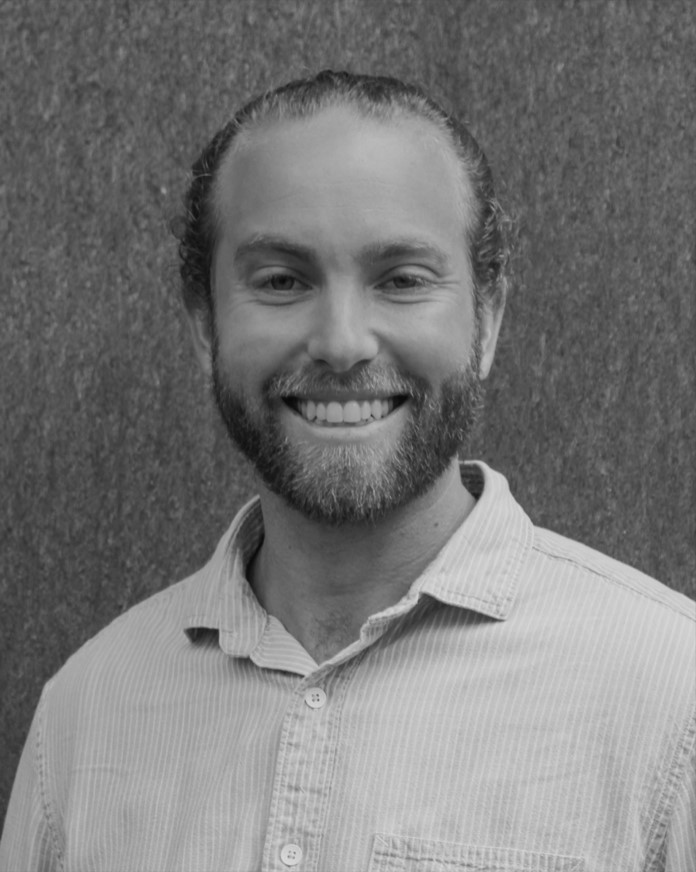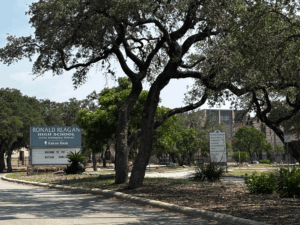
2022-23 Benjamin von Sternenfels Rosenthal Grantee Jonathan A. Davis
Jonathan A. Davis is an radio reporter, producer, and editor. He has worked in various newsrooms, on audio series for two public radio stations, and on a variety of independent podcast series. This includes serving as associate producer on The Intersection, the Edward R Murrow Award Winning audio series coming out of San Francisco’s NPR affiliate station KALW. During his time as a reporter and producer, the series also won San Francisco Press Club’s first place prize for best radio documentary. Beyond his public radio work, he has helped develop four independent podcasts from scratch including serving as producer and editor on those series.
Prior to working as a radio maker with KALW, he was a part of their Summer Journalism Fellowship and training program. He has also reported and produced news stories for KPFA, the legendary Pacifica Network outpost in Berkeley, Ca. Before audio journalism, Jonathan worked in a variety of other sectors including management consulting, sustainability consulting, financial services, workforce development, philanthropy, and the non-profit world; his two degrees are in Accounting / Business Management and Sustainability Studies. He says getting to tell the world’s stories through the magical medium of audio / radio / podcasts / synonyms is an honor. And he believes his non-linear career path helps bring forward unique perspectives that inform the stories he tells.
His project will focus on an alternative approach to healing through psychedelic medicine.
Davis’ project proposal is a radio documentary reporting on a clinic’s path of becoming a true psychedelic clinic (first ketamine to now MDMA-assisted therapy, a first-ever sanctioned by the FDA) by weaving together a narrative that captures what it looks, sounds, and feels like to both administer and receive psychedelic therapy. He will draw on extensive research of the current scientific, policy, clinical and business landscapes surrounding the reevaluation of psychedelic treatments.
A central question Davis posed in his application is: “Psychedelic medicine is here. But will people from all backgrounds and life experiences – especially those who are most in need of mental health support – be able to access and afford these treatments?”
“For some, ketamine’s therapeutic effects appear to significantly curtail treatment-resistant depression, addiction, suicidality, and PTSD, sometimes more effectively than other available treatments. Its popularity as the one legal psychedelic drug allowed in above-ground clinics has led to a major boom in ketamine clinics going mainstream around the US and world. This is causing a mix of excitement and concern,” he adds.
Robert J. Rosenthal–former executive director of Reveal and a current board member–is the father of Benjamin von Sternenfels Rosenthal (1993-2019), whom the grant honors. “Jonathan’s proposal to tell the story of the use of psychedelics to treat mental health issues is important. Taking these treatments out of the shadows and into the light may lead to healing and a better life for the patients and their families. That is a noble and worthy path to pursue. Ben’s family and all those who support this fellowship look forward to Jonathan’s findings and storytelling.”



